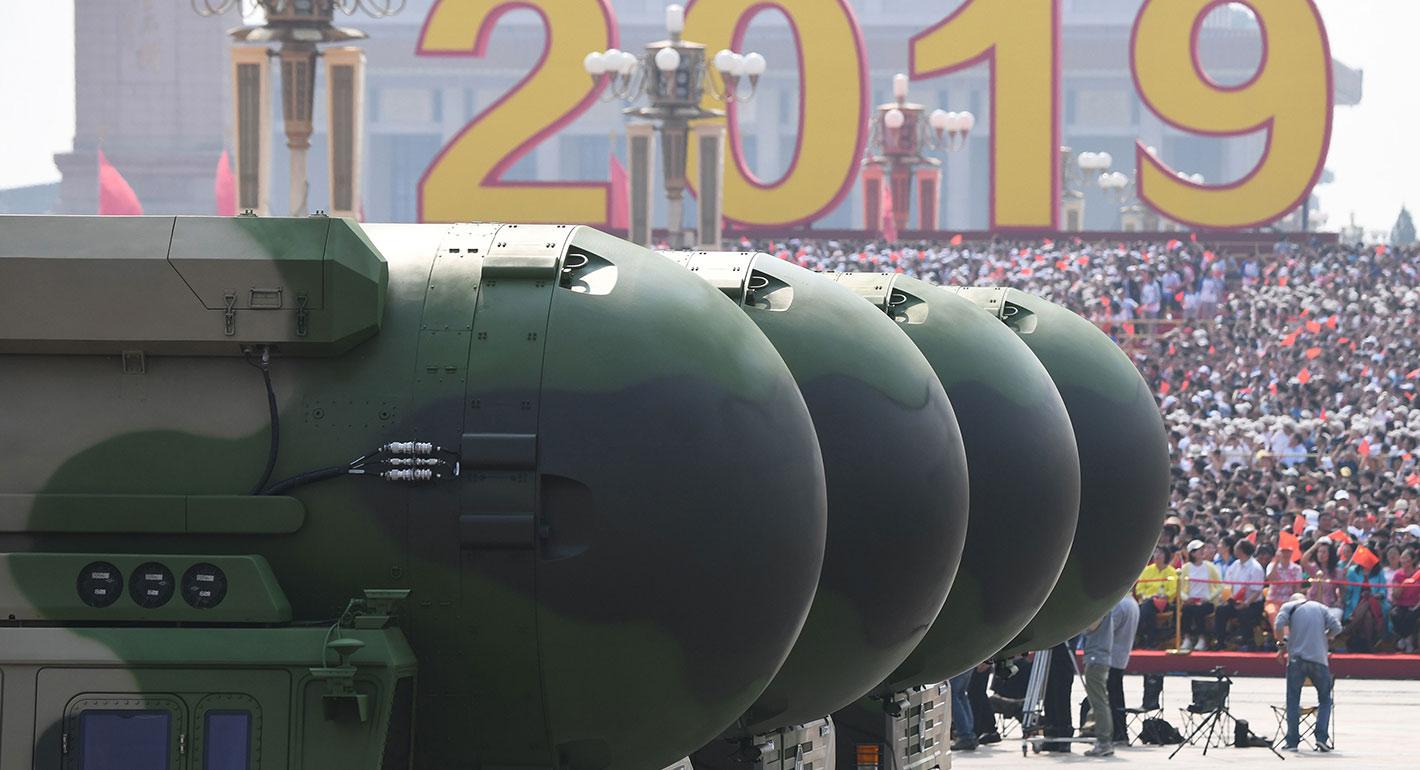Source: IFSH
With the end of the INF Treaty in 2019, trilateral arms control – meaning arms control between the United States, Russia, and China – has gained center stage. Only shortly after the U.S. withdrawal, U.S. President Trump declared that he wants a new nuclear pact to be signed by both Russia and China. Other U.S. administration officials have set the goal of including China in a future follow-on framework to the New START agreement, which expires in February 2021. However, could trilateral arms control be possible at all, and what would be necessary conditions?
In this IFSH Research Report, internationally renowned experts Alexey Arbatov (Russia), David Santoro (United States), and Tong Zhao (China) discuss what is possible and what is not. Edited by Ulrich Kühn (IFSH), the report includes a number of very specific proposals, including from China, on how to move forward on trilateral arms control.
Read Full Text
The full report was originally published by IFSH.

